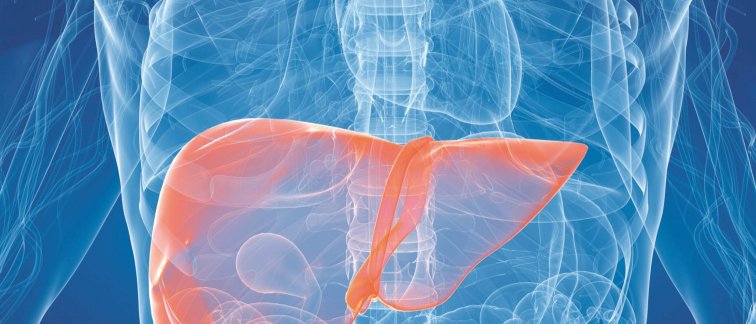One case is liver biopsy for detecting non-alcoholic fatty liver disease (NAFLD). NAFLD is often asymptomatic in its early stages and can progress silently, leading to more severe liver damage. Early detection and monitoring of NAFLD can help prevent complications and enable timely interventions to slow or reverse the progression of the disease. Today, the research conducted within the LITMUS project shows that some non-invasive tests have perform well enough to reduce the need for biopsy in NAFLD patients.
Diagnostic and screening
Several non-invasive tests, from blood-based markers to imaging modalities, are being evaluated within the LITMUS (Liver Investigation: Testing Marker Utility in Steatohepatitis) study. The first data analysis of the LITMUS Metacohort, led by Professor Patrick Bossuyt, was conducted on 966 adults with biopsy-confirmed NAFLD patients from multiple centers around Europe. Although none of the evaluated biomarkers were accurate enough to replace biopsy in diagnosing high-risk NAFLD patients, the results of this analysis showed that using these biomarkers as screening tests can substantially reduce the number of patients requiring a biopsy, in some cases by 2/3.
Prognostic
In another research, led by Professor Michael Pavlides from Oxford University and Professor Patrick Bossuyt from Amsterdam UMC, the LITMUS study evaluated the prognostic performance of non-invasive tests in predicting future outcomes such as cancer or death in NAFLD patients. This individual participant data (IPD) meta-analysis showed that simple non-invasive tests could predict clinical outcomes as well as liver biopsy in assessing liver fibrosis and could be considered as alternatives to liver biopsy in some cases.
“These findings of the LITMUS study on non-invasive test performance are an important step towards improving the evaluation and treatment of NAFLD patients, enhancing patient comfort, improving clinical decision-making, and reducing healthcare costs.” Says Yasaman Vali, a physician researcher at the Department of Epidemiology and Data Science at Amsterdam UMC.
Double Publication in The Lancet Gastroenterology & Hepatology
Read both the LITMUS Metacohort report on the diagnostic performance of non-invasive NAFLD tests as well as the IPD meta-analysis on their prognostic performance in the Lancet Gastroenterology & Hepatology.
General information about the LITMUS project: LITMUS Project (litmus-project.eu)

